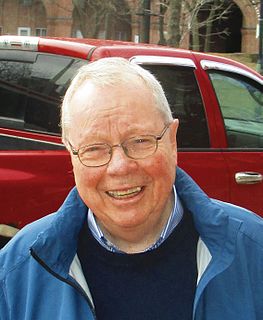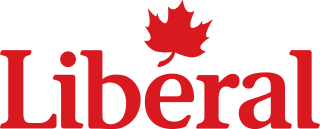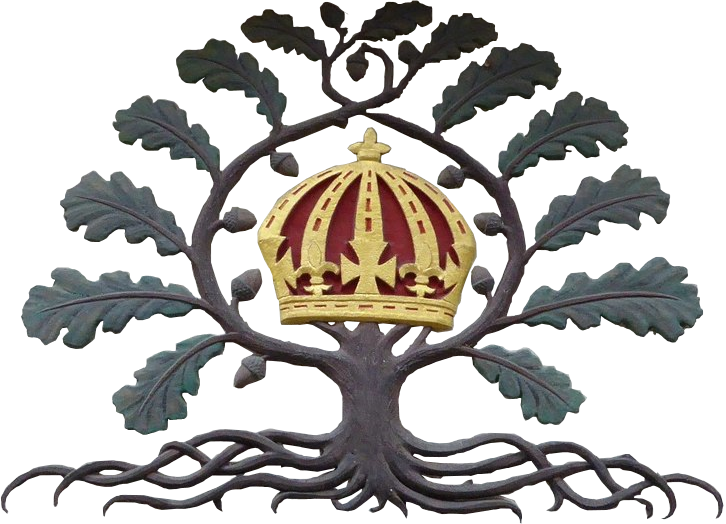John Sewell, CM is a Canadian political activist and writer on municipal affairs; he was the mayor of Toronto, Ontario from 1978 to 1980.

The Toronto City Council is the governing body of the City of Toronto in Ontario, Canada. Members represent wards throughout the city, and are known as councillors. The passage of provincial legislation in the summer of 2018 established that the number of wards be reduced from 44 to 25 and that they be based upon the city's federal electoral districts as of the year 2000. While the federal districts have been redistributed since then, the ward boundaries remain the same. The city council had at its peak 45 members: 44 ward councillors plus the mayor. On September 19, 2018 an Ontario Court of appeals granted a stay order of a previous court decision that would have prevented this reduction, thus re-establishing the move to 25 wards. The actual court appeal of Bill 5 has yet to be scheduled, but was heard subsequent to the municipal election on October 22, 2018.
The 1994 Toronto municipal election was held in November 1994 to elect councillors in Metropolitan Toronto, Ontario, Canada, and mayors, councillors and school trustees in Toronto, York, East York, North York, Scarborough and Etobicoke.
The 1991 Toronto municipal election was held on November 12, 1991 to elect councillors in Metropolitan Toronto, Ontario, Canada, and mayors, councillors and school trustees in Toronto, York, East York, North York, Scarborough and Etobicoke.
The 1985 Toronto municipal election was held to elect members of municipal councils, school boards, and hydro commissions in the six municipalities that made up Metropolitan Toronto, Ontario, Canada. The election was held on November 12, 1985.
The 1988 Toronto municipal election was held to elect members of municipal councils, school boards, and hydro commissions in the six municipalities that made up Metropolitan Toronto, Ontario, Canada. The election was held November 14, 1988. This election also marked the abolition of Boards of Control in North York, Etobicoke, Scarborough, and York. The Toronto Board of Control had been abolished in 1969.
The Toronto municipal election of 1976 was held on December 6, 1976 in Metropolitan Toronto, Ontario, Canada. Mayors, city councillors and school board trustees were elected in the municipalities of Toronto, York, East York, North York, Etobicoke and Scarborough.
Michael (Mike) Foster is a former municipal politician in Toronto, Ontario, Canada. He served as an alderman in the Metro Toronto municipality of North York from 1978 to 1985, and later campaigned for Mayor of North York in 1988. He has also sought election to the Legislative Assembly of Ontario. Foster is a member of the New Democratic Party (NDP).
The 1982 Toronto municipal election was held on November 8, 1982, in Metropolitan Toronto, Ontario, Canada. Mayors, controllers, city councillors and school board trustees were elected in the municipalities of Toronto, York, East York, North York, Etobicoke and Scarborough.
The 1980 Toronto municipal election was held on November 10, 1980 in Metropolitan Toronto, Ontario, Canada. Mayors, controllers, city councillors and school board trustees were elected in the municipalities of Toronto, York, East York, North York, Etobicoke and Scarborough.
The 1974 Toronto municipal election was held on December 2, 1974 in Metropolitan Toronto, Ontario, Canada. Mayors, controllers, city councillors and school board trustees were elected in the municipalities of Toronto, York, East York, North York, Etobicoke and Scarborough.
Municipal elections were held in Toronto, Ontario, Canada, on December 1, 1969. Across Metro Toronto there were few surprising results, and city of Toronto incumbent mayor William Dennison was easily re-elected. The one dramatic exception to this was on Toronto city council, where a number of long-standing members lost to young new arrivals who shared a common vision of opposition to the megaprojects that had transformed Toronto throughout the post-war period. While the reform movement candidate for mayor lost, it gained a strong presence on city council. The 1970s reform faction dominated Toronto politics for the next decade.
The 1972 Toronto municipal election was held December 4, 1972, to elect the governments of Toronto, Ontario, Canada, the five other boroughs, and the government of Metro Toronto as well.

Maureen Prinsloo was a municipal politician in Scarborough, Ontario who served as Chair of the Toronto Police Services Board from 1995-98.
Municipal elections were held in Toronto, Ontario, Canada, on December 5, 1966. The elections were the first for Toronto after its merger with several smaller suburban communities on January 1, 1967. Forest Hill and Swansea were annexed by the City of Toronto, Leaside was merged with the Township of East York to become the Borough of East York. Weston was combined with the Township of York to form the Borough of York. The Village of Long Branch and the towns of Mimico and New Toronto were merged with the Township of Etobicoke to form the Borough of Etobicoke.
Municipal elections were held in Toronto, Ontario, Canada, on December 7, 1964. Incumbent mayor Philip Givens defeated former mayor Allan Lamport.
Municipal elections were held in Toronto, Ontario, Canada, on December 7, 1953. Incumbent mayor Allan Lamport won an unexpectedly close race against school board trustee Arthur Young. This election was the first for councils in the municipality of Metropolitan Toronto which would be created on January 1, 1954 and was composed of 14 municipalities: the City of Toronto, the towns of New Toronto, Mimico, Weston and Leaside; the villages of Long Branch, Swansea and Forest Hill, and the townships of Etobicoke, York, North York, East York, and Scarborough.
Municipal elections were held in Toronto, Ontario, Canada, on December 3, 1951. Allan Lamport defeated incumbent Hiram E. McCallum in the mayoral election.








